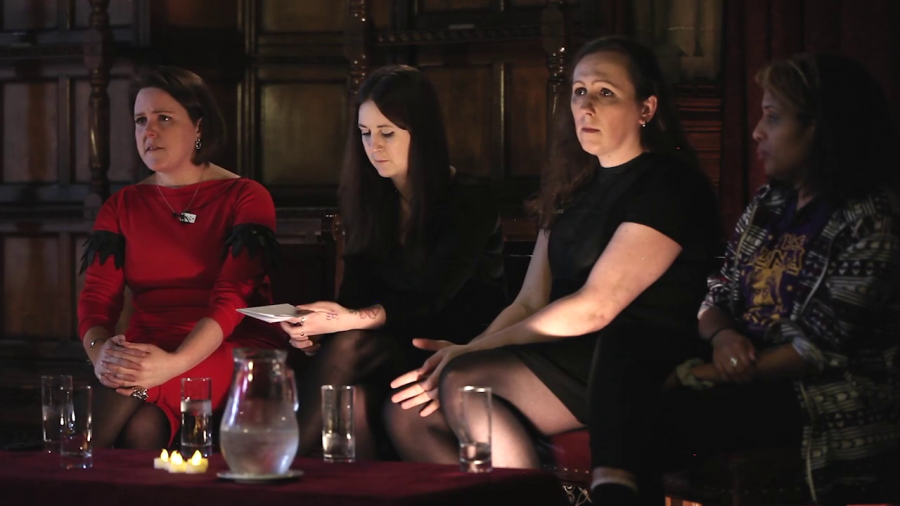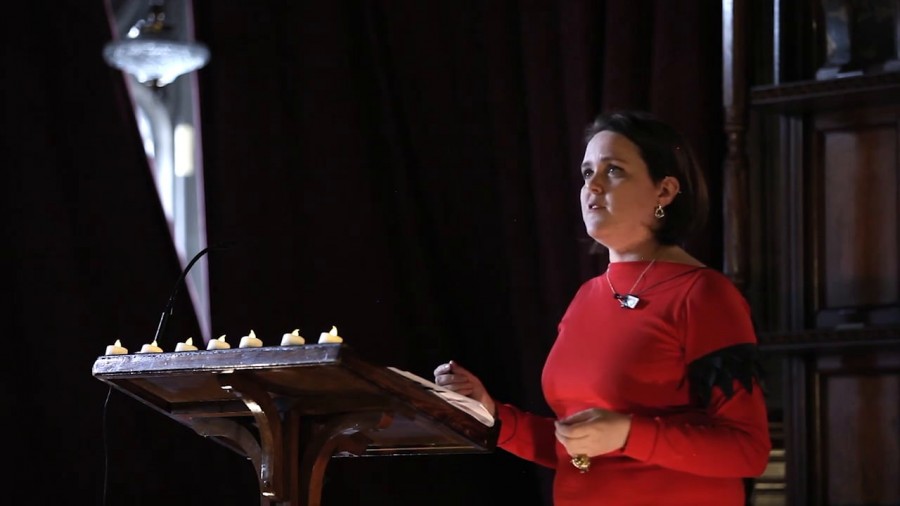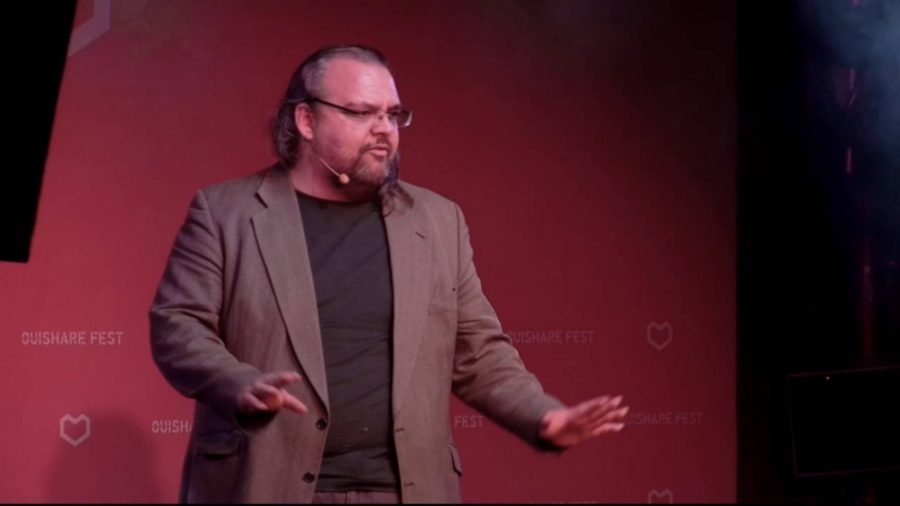I think the obvious thing to do with one computer per planet is fix climate change before it destroys agriculture and leaves billions of people to starve. That seems like a fairly reasonable kind of an objective. You know, there are all kinds of little optimizations you could do with these things, but fundamentally the big unsolved challenges that humanity faces are climate change and resource scarcity.
Archive (Page 3 of 3)
We are in the midst of a shift in how we encounter information. And we’re wrestling with three paradigms at the same time. The oldest of these paradigms, for for most of us, is edited media. … You have a powerful gatekeeper, the newspaper editor, who says, “Here are things you need to pay attention to today. Give this a small amount of your time, and you will be roughly up to date with what you need to know.”
Some of my artist friends think what I’m doing isn’t art, and I’ve given up on art. It’ll take care of itself. You know. I mean it’s always been there, it will always be there, and we always know that new art never looks like art at first, ever. So why should this be any different? We just have to trust the process. And I would say that must be true for every other discipline.
When the public cannot prove that the oil company is going to cause damage, then we’re not allowed to say, “Nevertheless, the risk is not acceptable.” So we have turned it over, the decision, to the expert. We have taken it out of the hands of the community. And then when we say we want community input, we hold a public hearing, and the experts sit up at a table. And then the grandmother who does not have a graduate degree, she’s not allowed to say, “Here’s what I’ve seen. Here is what’s happened in my community. And that’s not acceptable.” Her view is not taken because she’s not an expert. And so we’ve taken away the right for self determination and for community determination.
If the point of making a 10,000-year clock is to get people to think longer term how do you design that experience so that it really does that? And one of the things that we we realized is that people really need to be able to interact with it. That they need to be able to make the moment they visit it their own. So while the clock does keep time all by itself with the temperature difference from day to night, it doesn’t actually update any of the dials, none of the chimes chime, unless someone’s there to wind it.
We know very little about complex financial systems and how systemic risk, as it’s called, is computed and how you would manage policies. And if you look back at the financial crisis, you can either say, as many economists do, “It all had to do with badly-designed rules,” which may be part of the story; it’s certainly part of the story. Or it may have to do with the interaction of those rules and human nature, like mortgage broker greed, optimism… And you see it not just in individuals who now have houses and foreclosure, but at the highest levels.

The whole point of myth is that it’s just the kind of ambient stuff of culture that you can reach out and do whatever you need to do with. Yes, it means things, sort of, it has dispositions, it has tendencies, but you could rewrite all of that.

It’s the expectations themselves that start to change the material qualities of our world, the material qualities around science and technology, around our political activities. That it’s not just that the entrails have been read, but the fact that you now have to make a decision whether you’re going to heed that warning or not.

